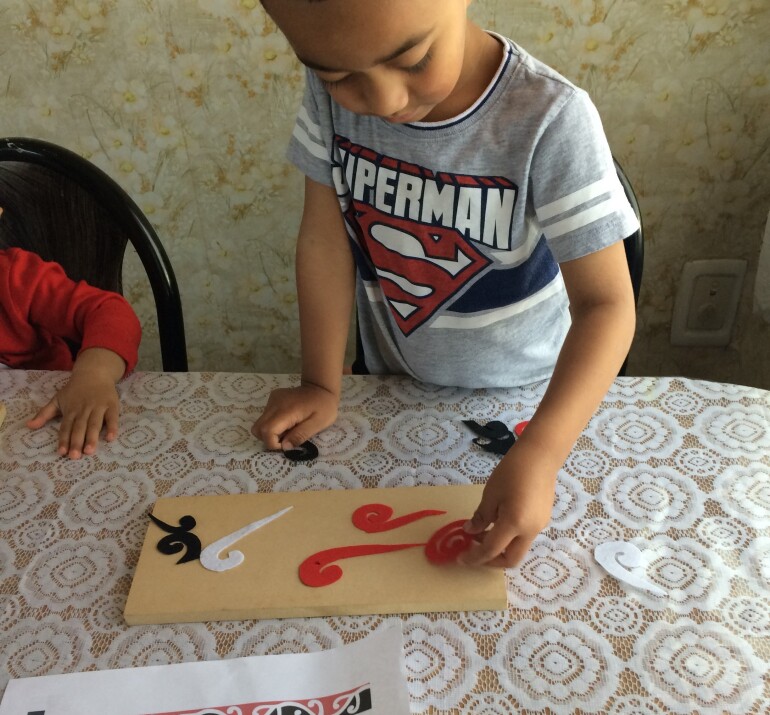News And Events

Maths in a Cultural Context
25 May 2025Life-long benefits
As children grow, maths helps them to explore and understand the world; contribute to the life of their community as critical thinkers and engaged citizens; benefit positive health, wellbeing, and employment outcomes; and realise the dreams and ambitions they have for their lives, whānau and their community.
Our children and young people live in a rapidly changing, highly connected, and digitally advanced world. Strong foundations in maths, critical thinking and communication are essential to participate successfully in this world. Life course research (McNaughton et al, 2018) tells us that maths, along with social and emotional, oral language and literacy capabilities, are crucial to positive educational and life outcomes.
Culture, language and identity
When supporting children’s growing maths capabilities, it is important to remember that these are expressed through identity, language and cultural practices. This includes capabilities that are valued within a culture and the ways these capabilities are actioned. For example, for some cultures learning about distance and relative location is highly valued and important to cultural ways of knowing, being and doing.
Te ao Māori, by nature, is interconnected. For example, stories from te ao Māori are represented in patterns in whakairo (carvings), tukutuku (woven panels) that are housed in our whare (marae) where whānau are connected through whakapapa and whenua.
To support learners from Pacific contexts, we recognise the unique traditions, customs, languages, and identity of the Pacific.
Being aware of our own personal interest and confidence in maths can help us adjust practices and respond authentically to individual children.
Partnership with whānau
Kaiako and whānau are well-placed to support each child to learn when they have a shared understanding of the strengths, interests, and progress of each child within their cultural context.
Sharing information about home culture, language, identity, as well as individual children’s interests and capabilities will help to grow a shared understanding over time. Kaiako should also share their own professional knowledge about learning in the early years. This includes knowledge about aspects of maths that are most important in the early years, how maths capabilities tend to grow over time, and the kinds of teaching practices that support maths learning.
Shared knowledge provides a powerful context for kaiako and whānau to have meaningful discussions about the current capabilities of children, and about possible next steps to help children realise their potential.
information from - https://kowhiti-whakapae.education.govt.nz/maths


